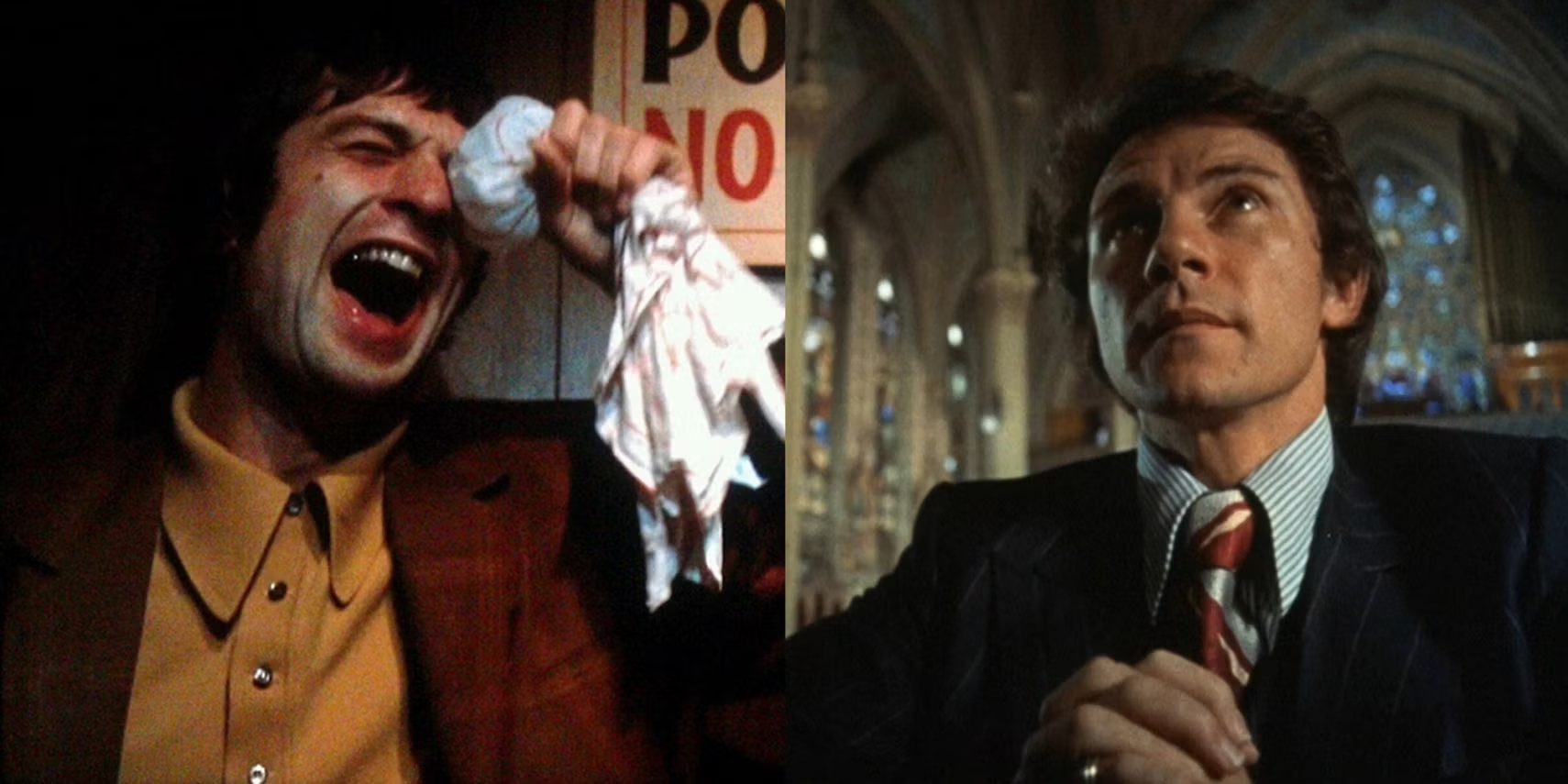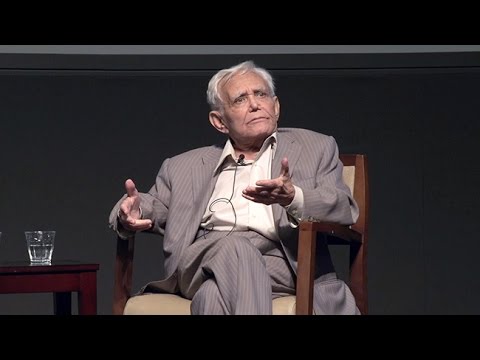In the pantheon of cinematic history, certain films stand out not only for their narrative prowess or directorial excellence but also for the career-defining performances they showcase. Martin Scorsese’s 1973 crime drama, “Mean Streets,” is one such film, notable not just for its gritty portrayal of life in Little Italy but for marking the beginning of one of Hollywood’s most iconic partnerships: that of Scorsese and Robert De Niro.
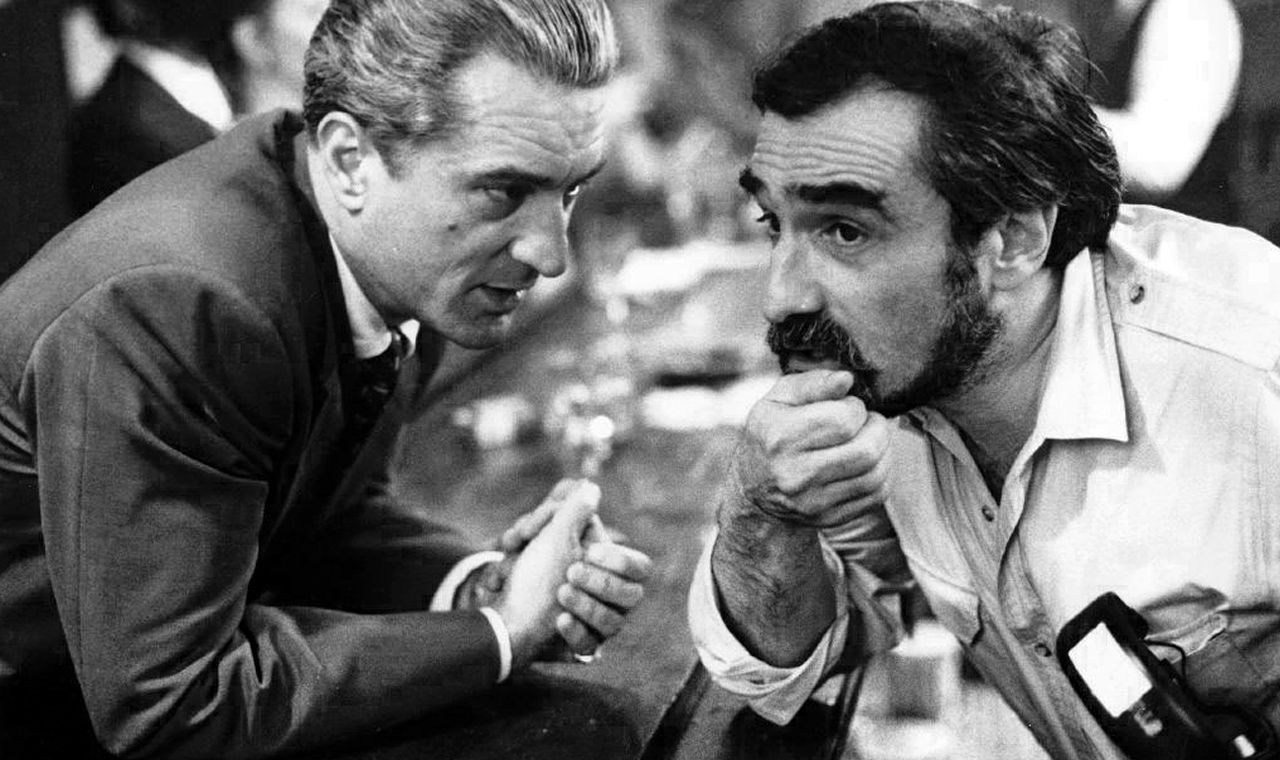
The Role That Almost Wasn’t
During a special appearance on “The Tonight Show Starring Jimmy Fallon,” Robert De Niro, co-founder of the Tribeca Festival, reflected on the nearly half-century legacy of “Mean Streets.” This film, culturally and historically significant, provided De Niro with a platform that would catapult him into cinematic greatness. Yet, this now-legendary role of Johnny Boy Civello, which earned De Niro critical acclaim and several prestigious awards including from the National Society of Film Critics and the New York Film Critics Circle, was just one of several options presented to him by Scorsese.
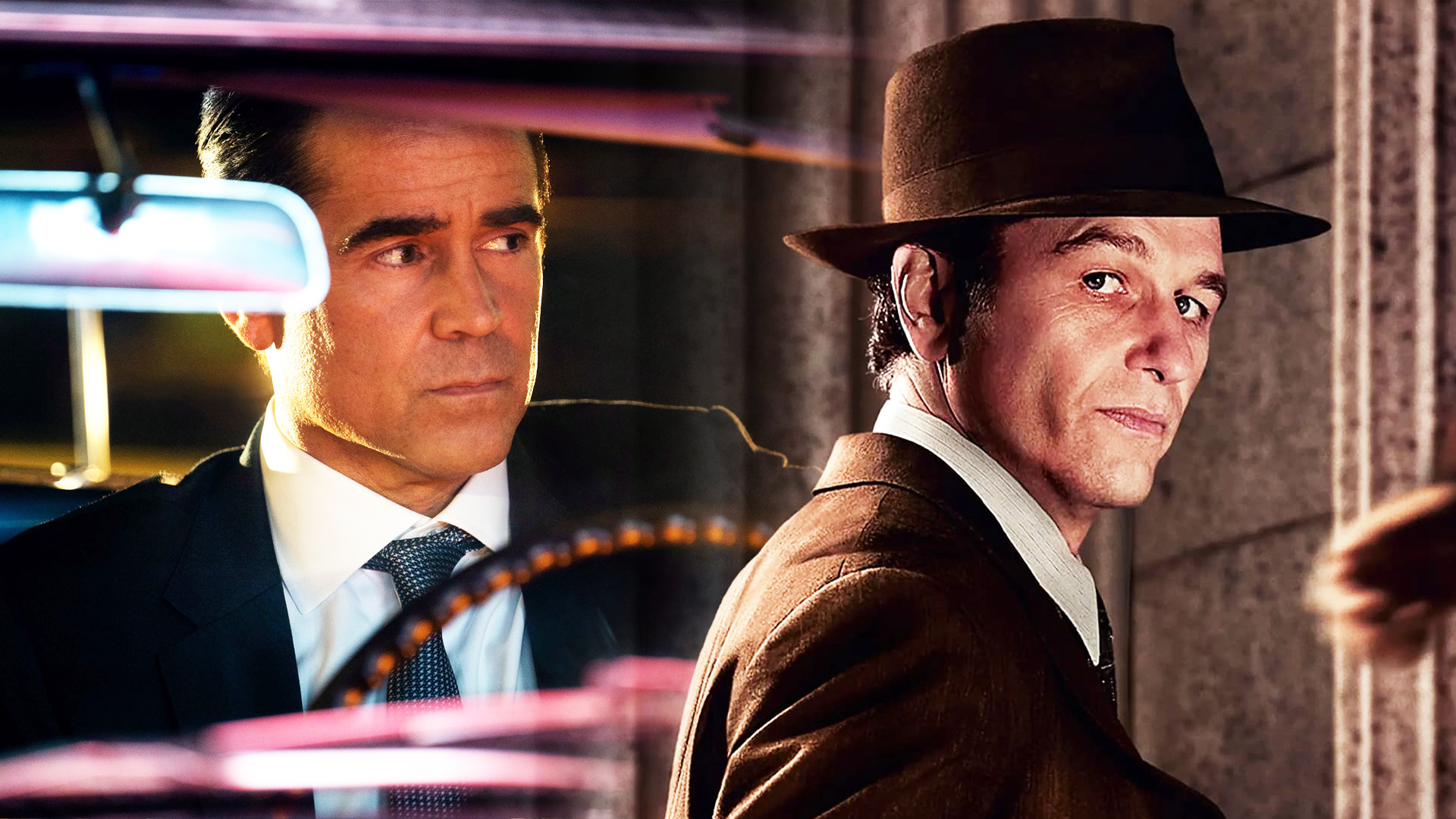
In the midst of a fateful Christmas dinner, De Niro was faced with a decision that would not only determine his career trajectory but also the dynamic texture of “Mean Streets” itself. Choosing Johnny Boy—a reckless yet charismatic young man—over other potential roles, De Niro set the stage for a character that would epitomize the volatile energy of Scorsese’s vision.
The Streets of New York: A Backdrop for Drama
“Mean Streets” delves into the life of Charlie Cappa, played by Harvey Keitel, a young Italian-American navigating the challenges of loyalty and ambition in New York City’s Little Italy. Charlie’s complex relationship with Johnny Boy, a compulsive gambler and the epitome of unpredictability, drives much of the film’s tension. This relationship, coupled with Charlie’s secret romance with Johnny’s cousin Teresa, a character marginalized due to her epilepsy, adds layers of personal and moral conflict to the narrative.
Scorsese, through this film, explores themes of redemption, faith, and the harsh realities of honor and survival on the fringes of society. The director’s own childhood experiences in Little Italy imbue the film with authenticity, painting a vivid picture of the neighborhood’s cultural and social dynamics.
Oct. 2 1973 was the premiere of Mean Streets.
Martin Scorsese's 3rd film is still one of my favorites of his, a true epic about a Little Italy boy torn between devout Catholicism and the Mafia. Great early performance by Robert De Niro, this one is gritty and very high energy. pic.twitter.com/XIYSsT5LRH— Michael W. Freeman (@Freelineorlando) October 2, 2022
Legacy and Influence
The decision by De Niro to portray Johnny Boy might seem a small detail in the broader scope of his illustrious career, yet it was a choice that undeniably shaped the future of both actor and director. This pivotal role not only defined De Niro’s early career but also solidified his creative partnership with Scorsese, leading to a series of successful collaborations in films that have become benchmarks in American cinema.
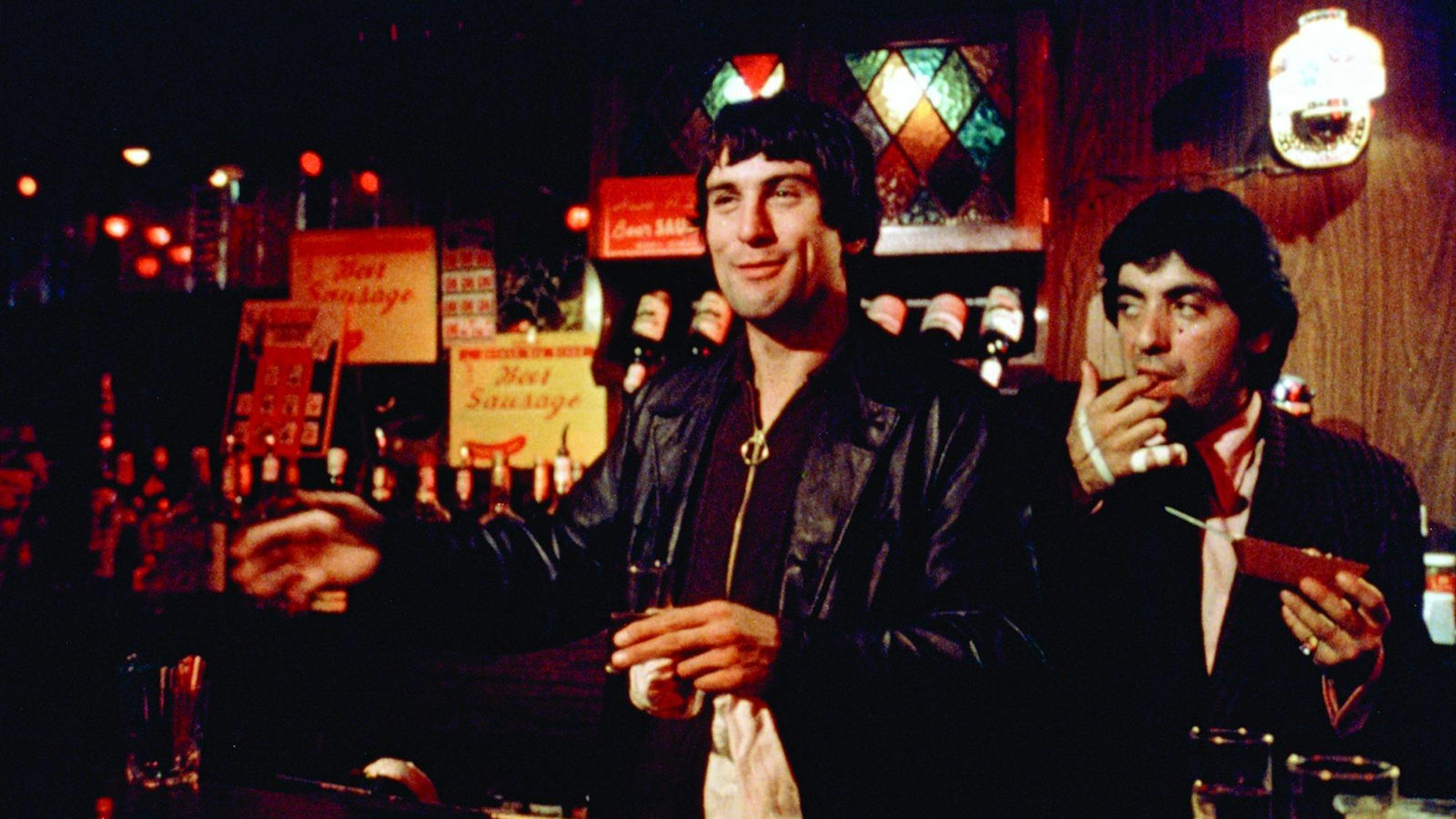
As “Mean Streets” approaches its 50th anniversary, its impact on film and the careers of its creators remains profound. The film is not just a story about the choices of its characters but also a testament to the career-altering power of the choices made by those who bring such stories to life. De Niro’s portrayal of Johnny Boy remains a standout performance that helped to define the new era of filmmaking in the 1970s, characterized by its focus on deeper, more character-driven narratives.
“Mean Streets” is a reminder of how cinema can capture the essence of cultural epochs and personal dilemmas, all while showcasing the talents of its actors and directors at their formative best.
